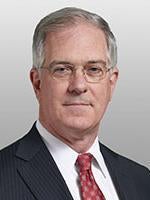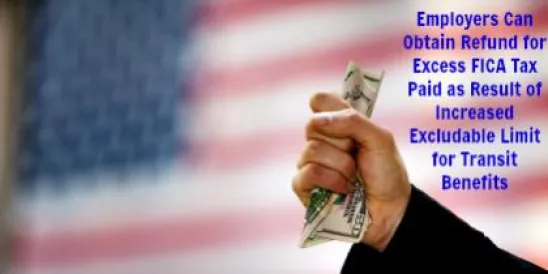In a startling turn of events that will alter election spending decisions in the run-up to the general election, and after, the Supreme Court reversed a temporary stay issued by Justice Roberts on Friday, and left in place a district court decision that dramatically increased the disclosure obligations for entities spending on public communications that encourage people to vote for or against specific candidates. The exact effects of this decision are hard to predict because political actors may adjust their behavior to accommodate for it. Nevertheless, here are a few key points.
What the decision does
As we described more fully in a client alert in August, the trial court struck down a Federal Election Commission (FEC) regulation that stated that, when making an independent expenditure of over $250 in support of or opposition to a federal candidate, entities that are not registered with the FEC need only disclose those donors who gave to the group for the purpose of funding the specific ad that was being reported. Instead, the court concluded that these groups must (a) disclose the identity of all donors who gave over $200 to the group for the purpose of influencing a federal election, and (b) identify which of those donors gave for the purpose of funding any of the group’s independent expenditures.
What this will mean going forward.
-
Many outside groups that have made independent expenditures in the past will stop. These groups rarely anticipate disclosing donors, and many of their donors rely on that. A similar court decision in 2012 expanding disclosure of donors to groups funding electioneering communications led to an almost complete stop to those types of ads until it was reversed on appeal.
-
Some of these groups will shift from spending on independent expenditures (which encourage people to vote for or against a particular candidate) to spending on electioneering communications (broadcast ads that mention a candidate shortly before an election, but don’t explicitly tell you to vote for or against the candidate) or other less regulated forms of political speech.
-
This decision does not affect Super PAC spending. While many people don’t realize it, Super PACs already disclose their donors. So spending by these groups won’t be affected by the court’s rulings.
-
The success of reform groups and state regulators in litigating disclosure provisions is not limited to this case. The ruling by the D.C. Circuit in this case when denying the request for a stay, and the Supreme Court’s ruling today, will likely embolden those willing to litigate over disclosure.
Donors and groups with active political spending programs will need to be mindful of this decision, and its implications going forward. While rulings on a request for stay are different from a dispositive ruling on the underlying claims, they are related, and the decisions discussed here point to a period of increased emphasis on disclosure of those who fund a broad range of political speech.




 />i
/>i

